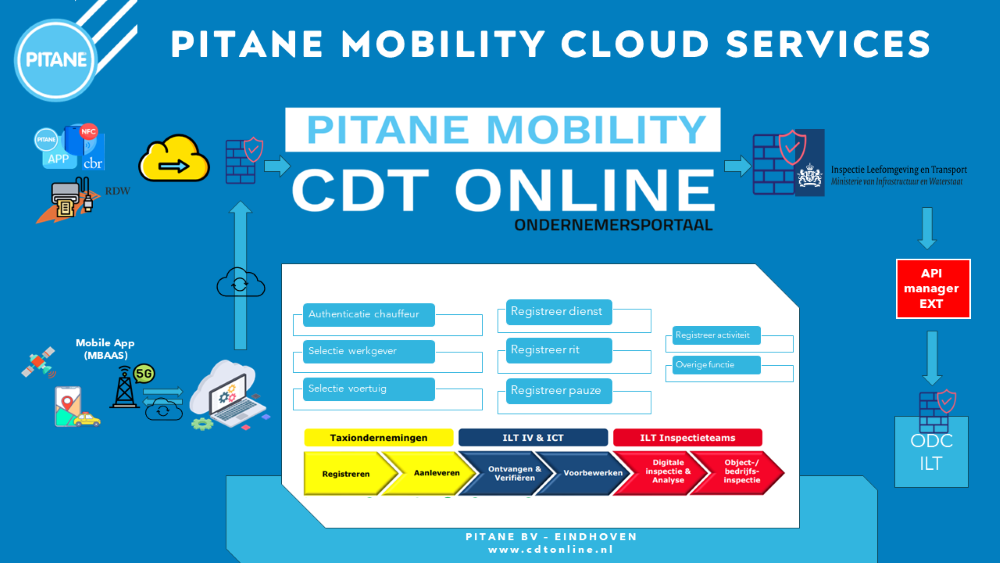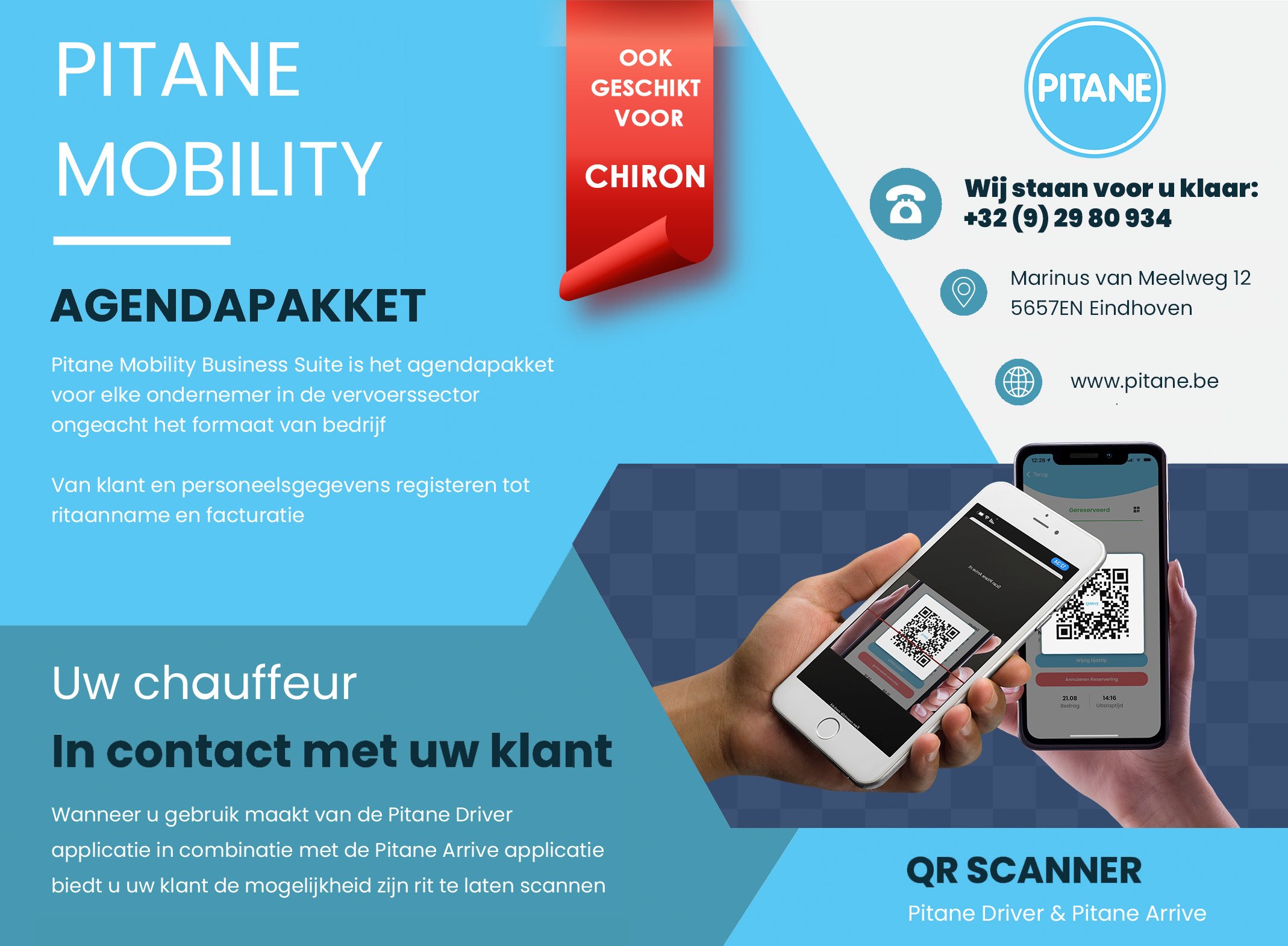The taxi industry is on the eve of significant changes in the field of data storage and supervision.
When using taxi on-board computers, data storage and data security play a crucial role. The European Union (EU) has established rules on data storage to ensure that data can be stored with the same level of security in every EU member state.
A well-functioning European digital internal market is only possible if governments no longer impose obligations on citizens and companies about where they store their data, as long as it is within the EU. This is in line with the General Data Protection Regulation (GDPR) which already guarantees the free movement of personal data within the EU. The latest regulation deals with the storage of non-personal data.
The framework is divided into two essential components, the technical and the legal obstacles. The technical obstacles are aimed at increasing the possibilities to switch cloud providers. This avoids a scenario where it is impossible to switch suppliers. The sector has already drawn up a code of conduct on Switching and Porting of Data (SWIPO) to ensure this.
In addition, there are also the legal obstacles because member states are not allowed to impose specific requirements on the location of data storage, unless there are security reasons. If data is stored in another Member State, a new cooperation mechanism guarantees access for competent authorities. In the Netherlands, any data location requirements are listed on a dedicated website. There are currently no unjustified data location requirements in the Netherlands.
cooperation
In the coming months, ICT service providers and the project team of the Human Environment and Transport Inspectorate (ILT) will work closely together on a future alternative to the current On-Board Computer Taxi (BCT). The aim is to give taxi operators the freedom to choose for themselves how they register and submit their supervisory data to the ILT. For the implementation of this, it is up to manufacturers and ICT service providers to develop the necessary equipment and software. Thanks to EU rules and the cooperation between the ICT sector and ILT, taxi companies will be able to benefit from more flexible and efficient systems in the near future.
The new entrepreneur portal that will be launched soon is a core part of the new on-board computers (CDT), intended to streamline the data storage of the taxi industry. This portal will be the central hub where various suppliers can safely store their data, in line with the new EU rules. This centralized storage facility allows taxi operators to operate with confidence, knowing that their data is secure and easily accessible within EU borders.
software suppliers
With the Regulation as a starting point, considerable responsibility lies with ICT service providers. They must now provide innovative solutions that meet the new EU standards, while also meeting the specific needs of the taxi industry. By countering the threat of vendor lock-in, there are now more opportunities for ICT service providers to market competitive and customer-friendly products. The Eindhoven business portal works with an 'open standard' and can be used by any supplier of software in the taxi industry. This can lead to healthier competition leading to better and more efficient products for taxi companies.
While the cooperation between the ICT sector and ILT is promising, it also brings challenges. The balance between innovation and regulation can sometimes be tricky. But with the right collaboration and communication, these challenges can be turned into opportunities. It is also essential that taxi operators remain involved in this process, either directly or through the sector association Royal Dutch Transport (KNV).




